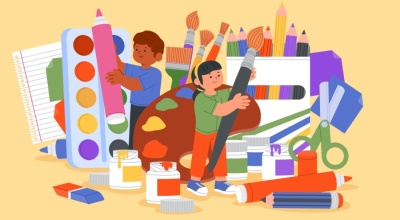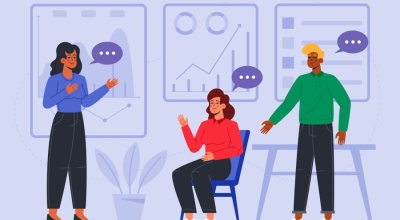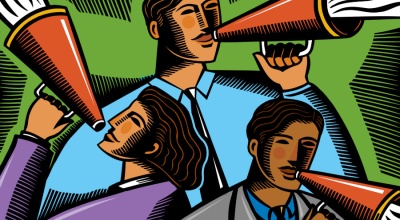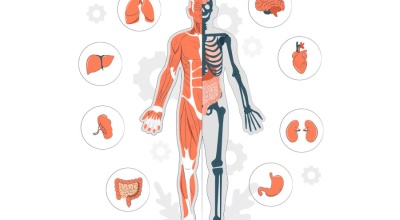Broken families, debt, and collateral costs push communities deeper into poverty
September 15th, 2015: Oakland, Calif. — Who Pays? The True Cost of Incarceration on Families proves that the costs of locking up millions of people are much deeper than we think — when we lock up individuals, we also break apart their families and communities. This new report reveals the overwhelming debt, mental and physical ailments, and severed family bonds that are some of the hidden consequences of mass incarceration in the United States.
Video: The True Cost of Incarceration on Families
“This study confirms what society has ignored for too long — that already vulnerable families and the women who sustain them are being plummeted into greater poverty, stress, and strain when their loved ones are incarcerated,” says Alicia Walters, Movement Building Director at Forward Together, a leading organization in the project. “Decades of bad policy have torn families apart, typically leaving mothers to make up the difference and bear the brunt of these costs.”
The Ella Baker Center for Human Rights, Forward Together, and Research Action Design led this year-long collaborative research project with 20 community-based organizations across the country. Researchers interviewed nearly 1,500 formerly incarcerated people, their family members, and employers on the impacts of incarceration.
KEY RESEARCH FINDINGS
- People impacted by incarceration are saddled with copious fees, fines, and debt while suffering through diminished economic opportunities that affect families for generations.
- Women and families bear the brunt of these costs, and are the primary resources for the housing, employment and health needs of their formerly incarcerated loved ones, filling the gaps left by a lack of reentry services.
- Incarceration damages families and prevents stability, causing lifelong health impacts and perpetuating cycles of trauma and poverty that keep families and communities from thriving.
“I feel like I’ve been locked up along with my husband for the past 30 years,” said Shamika Wilson, whose husband is currently incarcerated. “I work hard to support him and to keep my family from falling within the same cycles of abuse and poverty. But his health issues have worsened since being in prison, and the burden of tens of thousands of dollars in court fees and fines keep our family down.”
FAMILY-CENTERED SOLUTIONS
The situation is dire, but there is a better approach to help families get back on their feet according to Who Pays? which suggests three critical and achievable family-centered reforms. Policy changes like these can help our nation achieve the safe communities we all want.
- Restructure sentences to focus more on accountability and safety, rather than just punishment, thereby saving funds that can be shifted to programs and services proven to reduce crime and enable families to help their loved ones stay out of prison or jail.
- Remove barriers so people with past convictions have a fair shot at obtaining economic opportunities to work and support themselves and their families.
- Restore opportunities so people who have completed their sentences can secure good jobs and housing. Savings from criminal justice reforms should be invested in job training and subsidized employment services.
“Shrinking the criminal justice system through sentencing reforms is not enough,” said Azadeh Zohrabi, National Campaigner at the Ella Baker Center for Human Rights. “We must enact policies that restructure the system, remove barriers, and restore opportunities to create lasting change that reinvests in the families and communities most harmed by mass incarceration.”
Experts, formerly incarcerated people, and family members of incarcerated individuals are available for interviews. To download a copy of the full report visit WhoPaysReport.org.
The Ella Baker Center for Human Rights advances racial and economic justice to ensure dignity and opportunity for low-income people and people of color. We are building a people-powered movement to end mass incarceration, criminalization, and state violence by moving resources and funding away from prisons and punishment and toward family-driven solutions that improve public health, safety, and prosperity for all communities. For more info visit: rel="noopener"http://www.EllaBakerCenter.org.
Forward Together builds relationships across lines of race, gender, and sexuality to connect marginalized people and catalyze social change. Our work influences culture and policy to ensure that every person, family and community has the power and resources they need to reach their full potential. For more info visit: www.ForwardTogether.org and www.StrongFamiliesMovement.org.
CONTACT:
Zaineb Mohammed
510-428-3939 x236 (office),
630-921-1741 (cell),
Janna Zinzi
917-715-8484 (cell),
Public Downloads
All items are free to view, share, and download.
Public Downloads - Español (Spanish)
When available, we provide all our content with a Spanish version in our public download section. You can find additional material from sources listed in all our articles.
Download Prosecutor Accountability Movement Information, and Resources
Download Information and Resources About Organizations
Download Civil Rights, Activities, Information, and Resources













